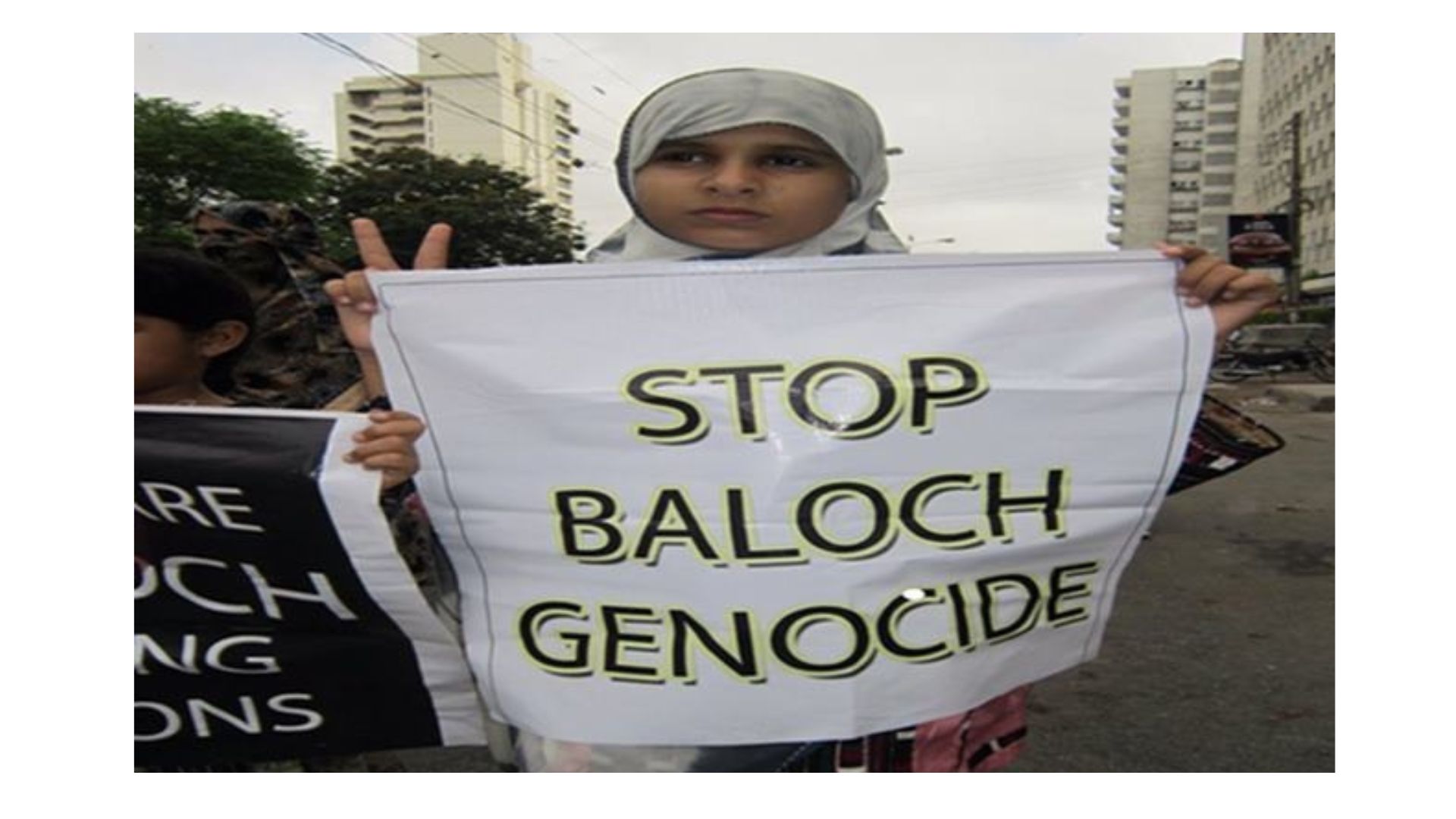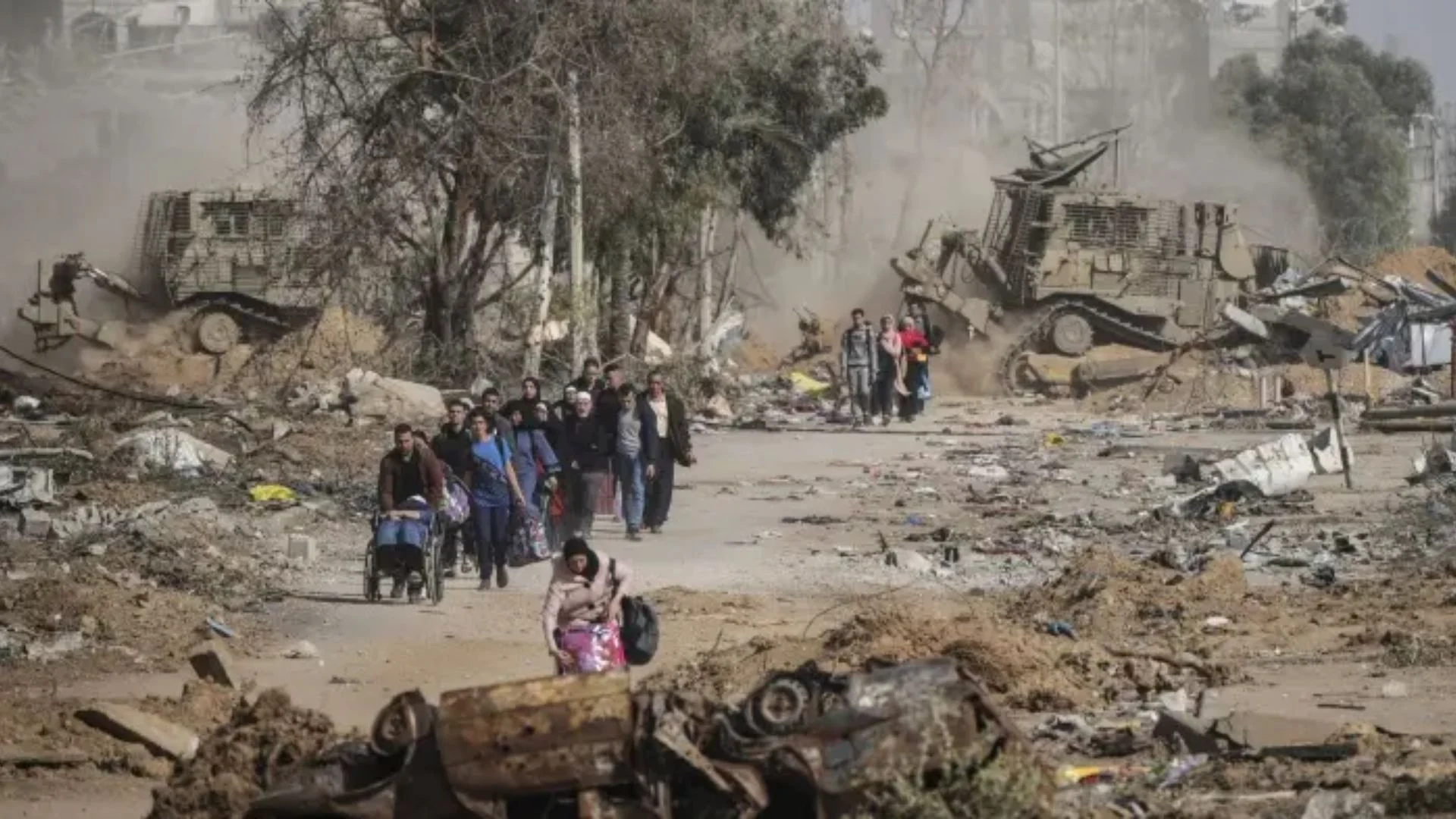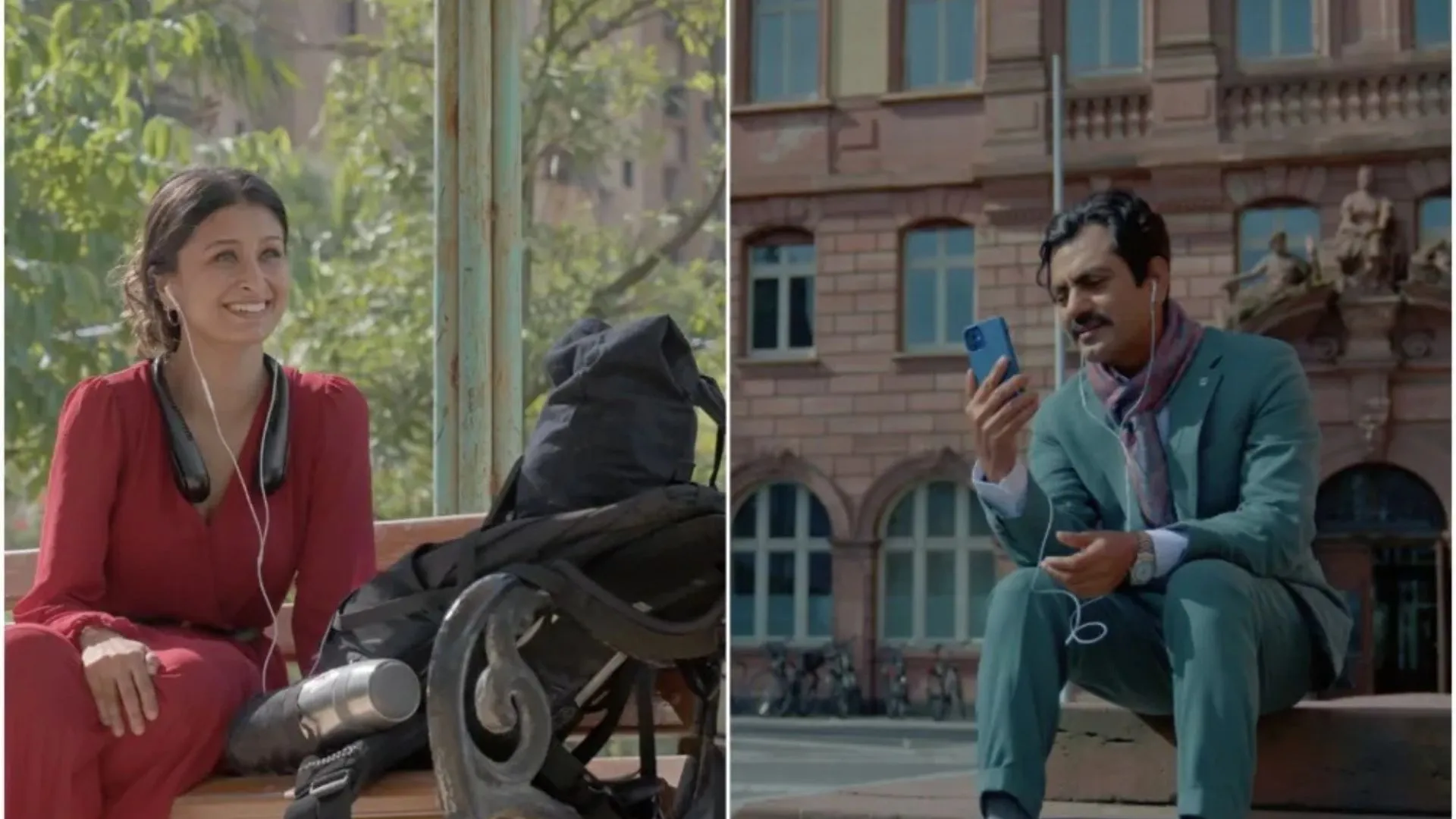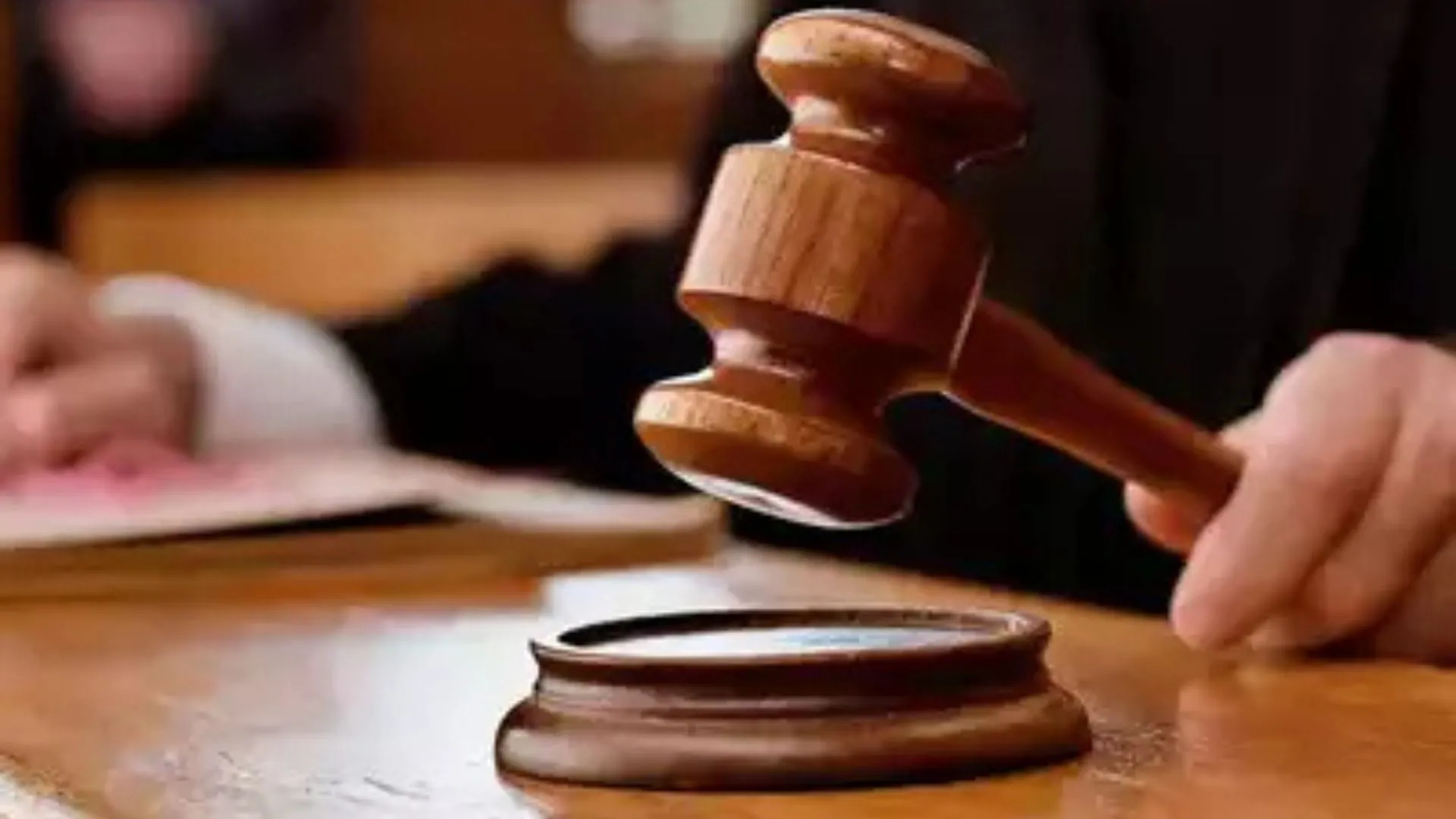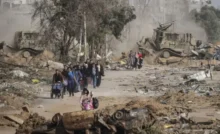On Friday, the Baloch Yakjehti Committee (BYC), a prominent advocate for Baloch rights, condemned what it describes as an escalation of the Baloch Genocide Policy by Pakistan. The committee’s statement followed the discovery of mutilated bodies across Balochistan, which it claims reflects a deepening of the region’s humanitarian crisis.
According to the BYC, the bodies of four identified victims—Faayaz Jatak, Nisar Ahmed Zehri, Naeem Ahmed, and Saeed Ahmed—along with several others whose identities are still unknown, were found in various locations in Balochistan. The BYC accuses Pakistan of intensifying its campaign of oppression and brutality, characterizing these acts as part of a systematic policy of Baloch genocide.
The BYC has called on international human rights organizations to urgently address the deteriorating situation in Balochistan. The committee argues that Pakistan’s violent tactics are exacerbating the humanitarian crisis, threatening the lives of millions in the region, and demands immediate intervention to prevent further atrocities.
In a related statement on X, prominent Baloch rights activist Maharang Baloch voiced her alarm over the situation. She described the discovery of multiple mutilated bodies of individuals who had been forcibly disappeared as deeply troubling. Baloch emphasized that the state’s practice of abducting individuals, holding them for extended periods, and then killing and mutilating them amounts to nothing less than genocide.
The Baloch freedom movement has a complex history that spans over a century, marked by a struggle for autonomy and independence within the context of the modern states of Pakistan, Iran, and Afghanistan. Here’s an overview of the key historical milestones and aspects of the Baloch freedom movement:
Pre-Colonial Era: The Baloch people have a long history of self-governance and tribal autonomy. Historically, Balochistan was divided among various tribal regions, each with its own system of governance and alliances.
Colonial Era: During the 19th and early 20th centuries, British colonial interests in South Asia began to impact Balochistan. The British established a series of treaties with local Baloch chiefs to secure their influence over the region, which was strategically important due to its location bordering British India, Persia (now Iran), and Afghanistan.
1947 Partition: The independence of India and the creation of Pakistan in 1947 had a profound impact on Balochistan. Balochistan was divided between Pakistan and Iran, with a small part falling under Afghanistan. The Baloch people were disappointed by the lack of recognition of their aspirations for independence or greater autonomy.
First Baloch Rebellion (1948): Shortly after Pakistan’s formation, the first Baloch rebellion erupted against the central government. The Balochistan region was incorporated into Pakistan, but many Baloch leaders felt that the terms of integration were unfavorable and oppressive.
1958-59 Rebellion: A major rebellion occurred during this period under the leadership of Baloch nationalist leaders who were dissatisfied with the central government’s policies and the integration of Balochistan. This uprising was met with severe military responses from Pakistan.
1970s Rebellion: The 1970s saw another significant rebellion, fueled by discontent over political and economic marginalization. In 1973, the Pakistani government launched a large-scale military operation in Balochistan, leading to widespread violence and human rights abuses. The conflict was part of a broader struggle for greater autonomy and was characterized by intermittent clashes between Baloch insurgents and Pakistani forces.
2000s-Present: The 21st century has seen a resurgence of Baloch nationalist activities and armed resistance. Groups such as the Balochistan Liberation Front (BLF) and the Balochistan Liberation Army (BLA) have been active in challenging Pakistani control over the region. Issues such as resource exploitation, economic neglect, and political repression have fueled the ongoing unrest.
The recent years have been marked by severe human rights issues, including alleged extrajudicial killings, enforced disappearances, and torture of Baloch activists. The discovery of mutilated bodies, as highlighted in recent reports, has exacerbated these concerns and intensified calls for international intervention.


